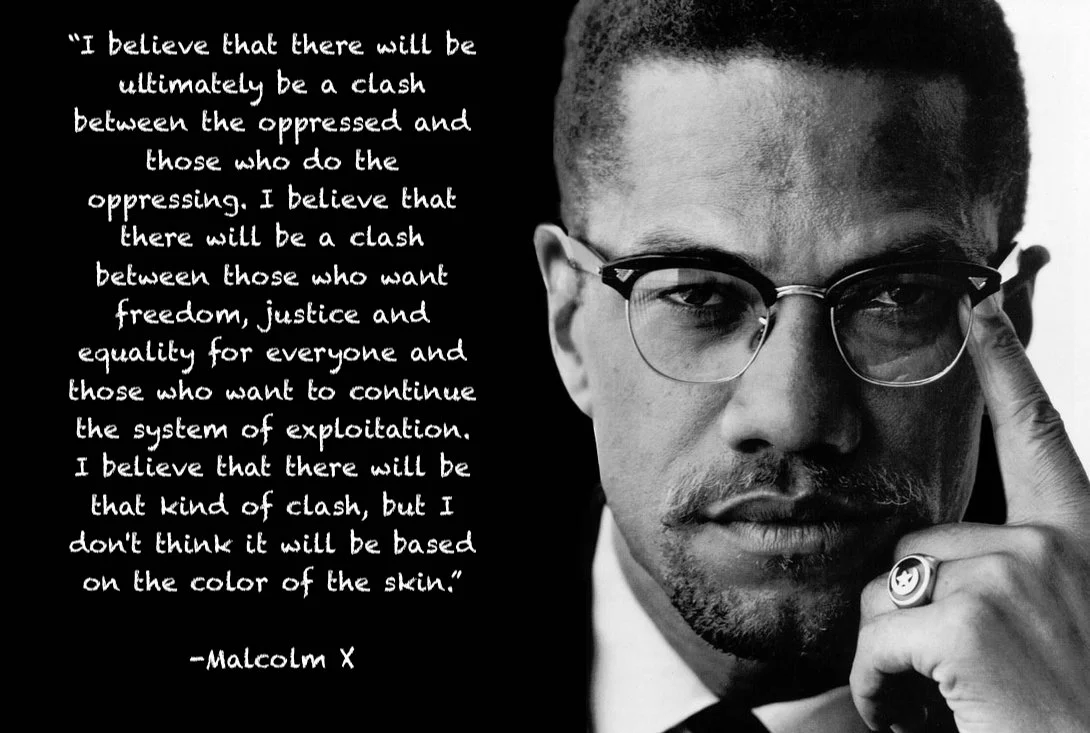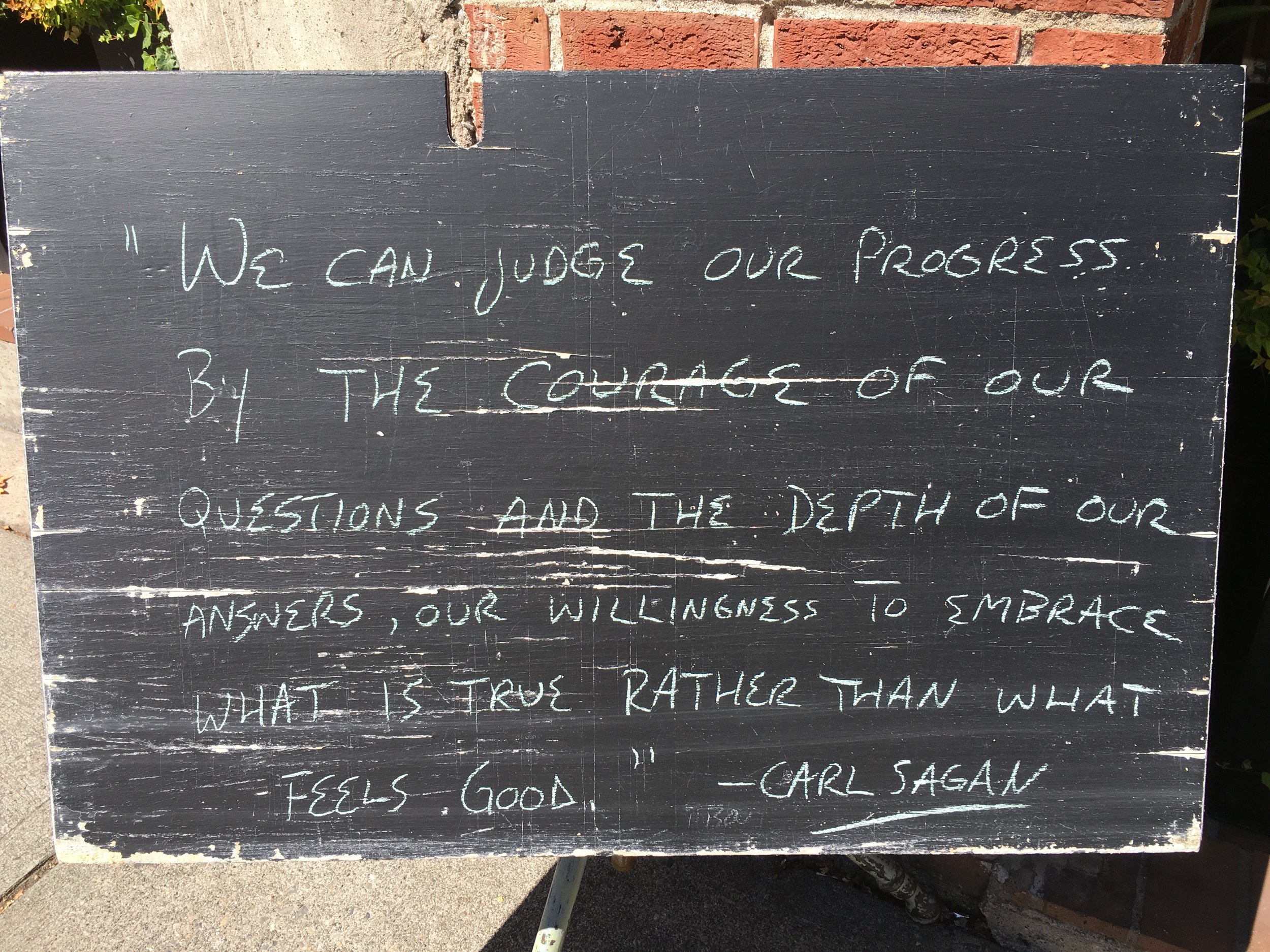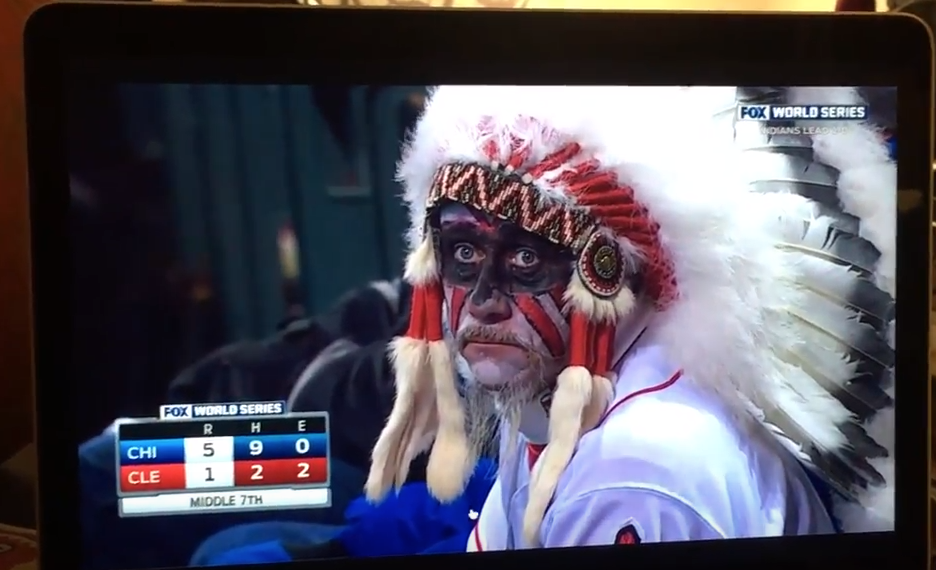I have read and heard and seen a lot of people saying a lot of different things about race in the wake of the Michael Brown tragedy — some compassionate, some ambivalent, some ignorant. This is something true:
I took this picture this morning. Then Lindsay told Julian about Michael Brown, about who he was and what happened to him. She told him about how most police officers are people to trust, but that sometimes they make mistakes. She told Julian that it isn’t fair, but that sometimes he will need to be extra careful as he gets older because of the way he looks — that he will have to be that much more careful to stay out of trouble, to stay away from what looks like trouble, to stay in after dark, because it’s a matter of safety. She told him about having called to check in with his uncle Spencer a few days earlier, about asking Spencer if he was safe in L.A. and if he was being careful. She asked him if he understood. Julian asked a question or two, Lindsay answered, and then it was done.
This is what all this means to me:
Some have argued that the Michael Brown shooting isn’t about race. Many others have at least wondered. As you may know, I am white. I can tell you from experience that it is a privilege to ignore race. It is a privilege to be able to wonder whether or not this tragedy is a racial issue. It is a privilege to not have to start poking tiny holes in your six-year-old son’s bubble of innocence and sweetness in the days before he starts kindergarten.
We had conversations about race in my family when I was very young, too, and most of them were also very direct. Most of them even acknowledged the presence of danger and the possibility of violence. I vividly remember getting a version from my dad in elementary school of what his dad had told him as a kid: that there aren’t many good reasons to fight, but that if he heard anyone using the N-word at school — or using any other slur, or using anyone’s race or gender to hurt them or make them feel small — he had better step in and put a stop to it or come home with a bloody nose for having tried. That might not exactly fit with Dr. King’s belief in non-violence, but the message was clear: This is important. Not only do we not tolerate hate or racism, we will actively fight it. It’s a family value.
There is a subtle-but-important difference between these two sets of conversations, though. My parents (also white, coincidentally) chose to have these conversations with me and my siblings. They encouraged us to choose to stand up against blatant racism and hate. But I was not the target in the hypotheticals. I was on the sidelines. The guns wouldn’t have been aimed at me, so the conversation was different.
Lindsay and I talked with Julian this morning because he won’t have a choice. Julian needs to hear this, because he cannot choose out of his skin color or his black heritage. I can choose into the conversation, choose to step into the conflict. Julian does not have that privilege. He is about to start attending public school in a district that has recently been under scrutiny for disciplining black boys much more frequently than any other group. He will be stereotyped, he will too often be seen and heard through a racial lens, and he cannot avoid it. He cannot choose a different path. Before long, he will be, say, 10 years old and tall for his age. Soon after he will be a teenage boy of color living in a major city. He won’t have the privilege of staying on the sidelines when a police car drives past the park where he’s hanging out with his friends after dark. He won’t have the privilege of deciding it’s not about race when he makes a mistake and gets caught. And Lindsay and I, as parents, don’t have the privilege of giving him an option. We don’t get to decide whether or not he’s ready, because he has to be ready, because he has to stay safe. Because someone will call him a horrible name, and someone will treat him differently — probably unintentionally — because of how he looks, and because at some point, someone will view this sweet, loving kid as more of a threat, and he needs to understand what’s happening if he’s going to stay safe. He has no other choice.





















